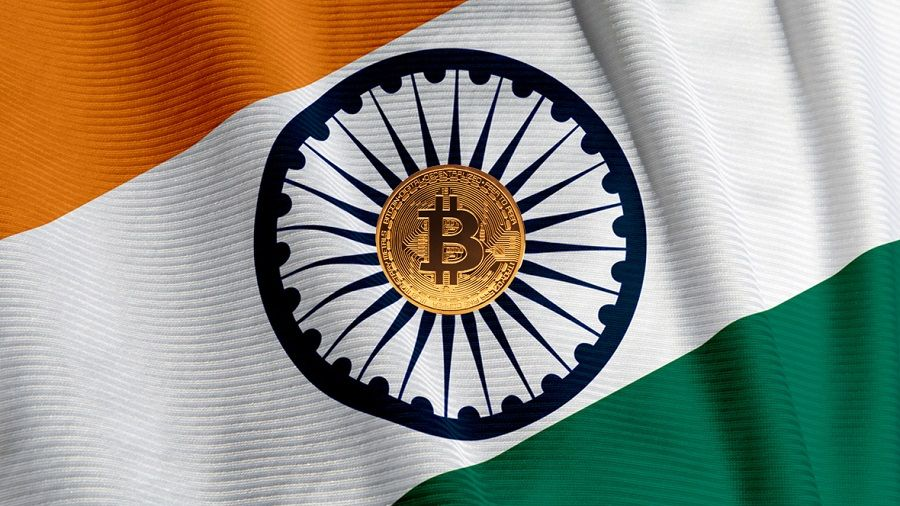Less than half of the population in Brazil, 45.5%, consume vegetables five times a week or more. Consumption remains low among Brazilians, despite having increased in the last year after a significant drop during the pandemic (increase of 15.2% between 2022 and 2023).
The information is from Covitel 2023 (Telephone Survey of Risk Factors for Chronic Noncommunicable Diseases in Times of Pandemic).
Released this Thursday (29), the survey heard 9,000 people from all regions of Brazil. Data collection was carried out between January 2nd and April 18th by telephone.
The age group that eats the most greens and vegetables is the oldest, aged 65 or over, with 45.5% consuming at the recommended weekly frequency. Those who consume the least are the youngest, from 18 to 24 — only 39.2% consume frequently.
The indicator shows several inequalities in consumption when considering gender and education. Differences are also large between the North (36.4%) and South (52.6%) of the country.
Women consume more than men, 51.5% and 39.1%, respectively. Already 57.5% of people with higher education (12 years or more of study) have vegetables in their diet on most days of the week, while 40.9% of less educated people (0 to 8 years of study) have habit.
fruits
Fruit intake presents a similar scenario. According to the survey, 41.8% of Brazilians have fruit in their diet five times or more a week.
In this case, the oldest — aged 65 or over — are also the ones who consume the most frequently, an index of 62.8%. On the other hand, the youngest, from 18 to 24 years old, are the ones that least include fruit in their diet, with only 33.5% eating five times or more a week.

In context, women eat more than men: 49.6% of them eat frequently, against 33.4% of men. Among whites, 47.3% have the habit, more than among blacks and browns (37.9%).
Regular fruit consumption is present for 48.2% of the more educated population, with 12 years or more of study, and for 39.3% of the less educated population, with 0 to 8 years of study.
Regarding the inclusion of soft drinks and artificial juices in the diet, a marker of unhealthy eating, 17.8% of Brazilians consume five or more times a week. Young adults, aged between 18 and 24, are the biggest consumers, with 24.3% drinking these products frequently.
Source: CNN Brasil
I am an experienced journalist and writer with a career in the news industry. My focus is on covering Top News stories for World Stock Market, where I provide comprehensive analysis and commentary on markets around the world. I have expertise in writing both long-form articles and shorter pieces that deliver timely, relevant updates to readers.







